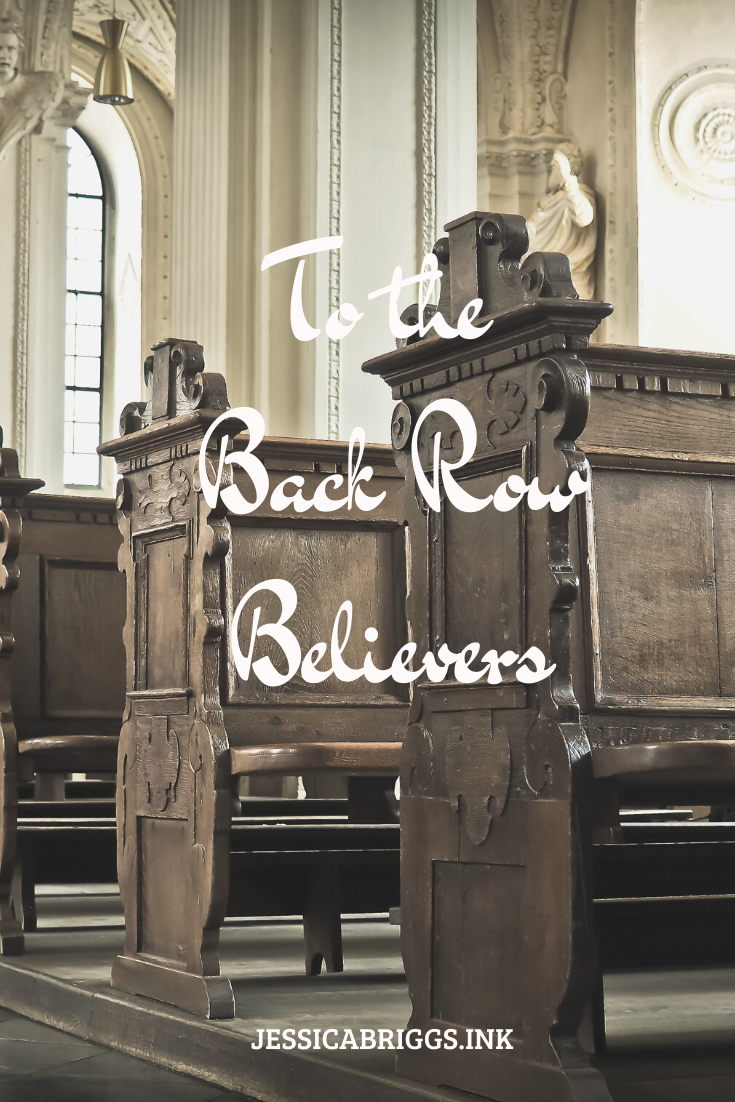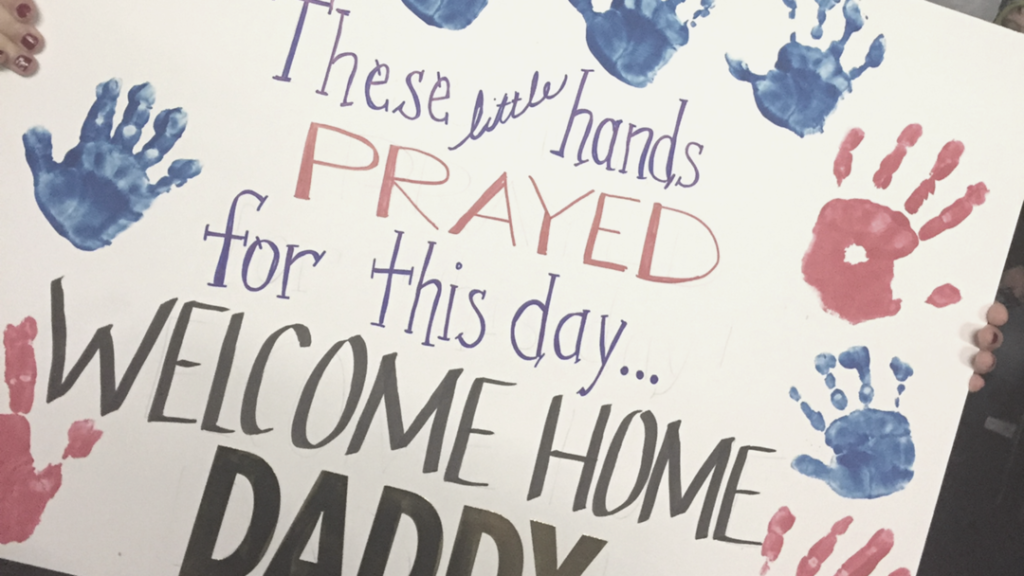The life of Jesus we have recorded is a treasure-trove of knowledge for ministry. His life and the way he served people has been the spotlight of sermons, books and leadership training for centuries. Yet, two thousand years later, many people teach leadership and ministry apart from his gentle ways.
Other religions have even taken a page from Jesus. Gandhi is famed for saying he’ll take our Jesus, but not our Christians. Islam regards Him as a prophet. Most atheists are willing to bend and say he was a historical being. Regardless of your views of who Jesus was, He shows us through various stories the real key to service. Jesus always served from a place of Presence. He made himself available. He spent his time WITH people.
Real leaders suffers with people. You can’t throw a Bible study at someone going through a hard time. You can’t throw up a 30 second prayer at someone in the throes of despair. You can’t quote a Bible verse when someone’s heart is in their throat after receiving life-altering news.
The key to suffering with people is humility. Jesus was able to engage because he was willing to be humble. He was willing to see and know people’s mess, without coming from a place of judgment or rightness. He didn’t tell people “this is what you should feel.” He sat with, broke bread with, embraced, walked with and lived with people as a human being.
As a leader, Jesus didn’t ask people to be 100% committed to his vision. He simply invited people to follow Him.
As a leader, Jesus realized his friends would make mistakes. He established relationship with people, always making himself willing listen to the perspectives and feedback of those He served, seeking to empower and encourage them in their roles. He made space for grace when mistakes happened.
As a leader, Jesus set clear guidelines for the work He expected others to do and He took responsibility as a leader without finger pointing & ultimatums.
As a leader, Jesus created opportunities for inclusion and radical welcome. He invited people to sit at His table. And even after his closest friend Peter denied Him, Jesus chose to walk THROUGH reconciliation with Peter.
I am utterly heartbroken that so many Christian leaders and ministers do not emulate this type of leadership. It seems there’s regular news stories on “famous” Christian leaders being found out for their sexual deviance, abuse or cover ups. This is not a reflection on the heart of God! I have empathy for the droves of people walking away from American Evangelical faith because of the hurt and pain. I am embarrassed to be lumped into the label of “Christian” with people who ascribe to and use God as a way to harm others.
I’ve seen it play out in real life. When hardship arises, I’ve watched leaders quickly ask for blind following, instead of walking alongside in gentle humility for restoration. I have seen gifted, passionate, godly leaders feel obligated to pledge commitment to a mission statement over people. I have seen willing hands and open hearts let go from fields ripe for harvest because those running the show think they should use only their tools or interpretation. We create arbitrary ways of serving God and pressure creative, humble hearts to conform or to get off the field. That’s not Christlike leadership- that’s a power play.
While the buzz word for years in Christian spaces has been “Servant Leadership,” many leaders in our modern time want the notoriety to be called a servant of God, they just don’t want to be treated like one. In order to become a true servant leader, we must have the wisdom and willingness to walk in true humility.
I am sick of power being cultivated, encouraged and worshipped in Christian spaces. We click and follow leaders who teach dogma and defend them on Facebook threads. We feel comfortable drawing boundary lines for God’s love. We let leaders tell us what the wisdom of the ages means, through their interpretation. We go along with the “rules” of the church because we’re afraid of losing our community.
The Reformation took place half a century ago because of Martin Luther’s belief in the priesthood of all believers. And in a few short centuries, we traded in our Popes for our trendy preachers with muscle shirts and Armani suits. Instead of collecting money for the Vatican to be built, we’re collecting money to build multi-million dollar stagescapes while the single Moms in the pews can barely make ends meet or the homeless person is begging bread on the corner. Is this what Jesus had in mind?
The only way we can reclaim a Christ-centered faith is to take the priesthood of all believers seriously. We who cling to Jesus must learn to love God, ourself and others, in deeply personal ways. We need to stand up and stop putting leaders on pedestals and using them as gurus for how to live like Christ. We have to look within our self as beings capable of being known and loved by God. When we can be attuned to our inner life, then we have capacity for empathy and walking alongside. We don’t need more theologians and apologists; we need more people who look and act like Jesus.
I challenge you to see who you’re following. Is it really Jesus? Or your Pastor? That Instagram preacher? Are they walking alongside others, or commanding others? The church is full of wolves in sheep’s clothing, and we’re seeing an unveiling of this truth on repeat. Christlike leadership doesn’t see people as a means to an end but as relationships to develop, as co-laborers running in tandem, without someone “in charge.”
You and I are people who make mistakes, and will never be perfect leaders. Serving Jesus isn’t about authority. It’s about equality. We have One Shepherd. Jesus is enough. He sets the table- he doesn’t bang on it and demand we do it His way or the highway. He ministers through loving us first, then by knowing and serving his sheep. He didn’t stop when it got hard- he pressed into the hard, scorning the cross of sin and shame, to die and resurrect. He didn’t tell Peter to walk away when they disagreed, or he denied him three times or even disobeyed. Jesus kept on leading and loving, give him grace without measure. Good leadership doesn’t marginalize those who pushback because it acknowledges leadership is about relationship. And Jesus was, is and always will be for relationship. His power will always be with people, and never over people.



